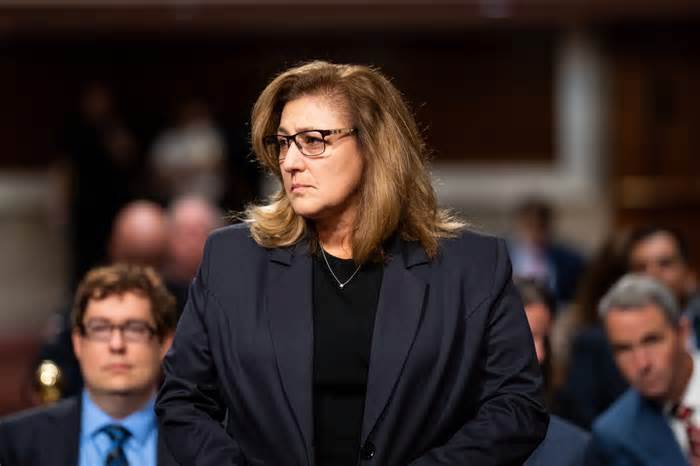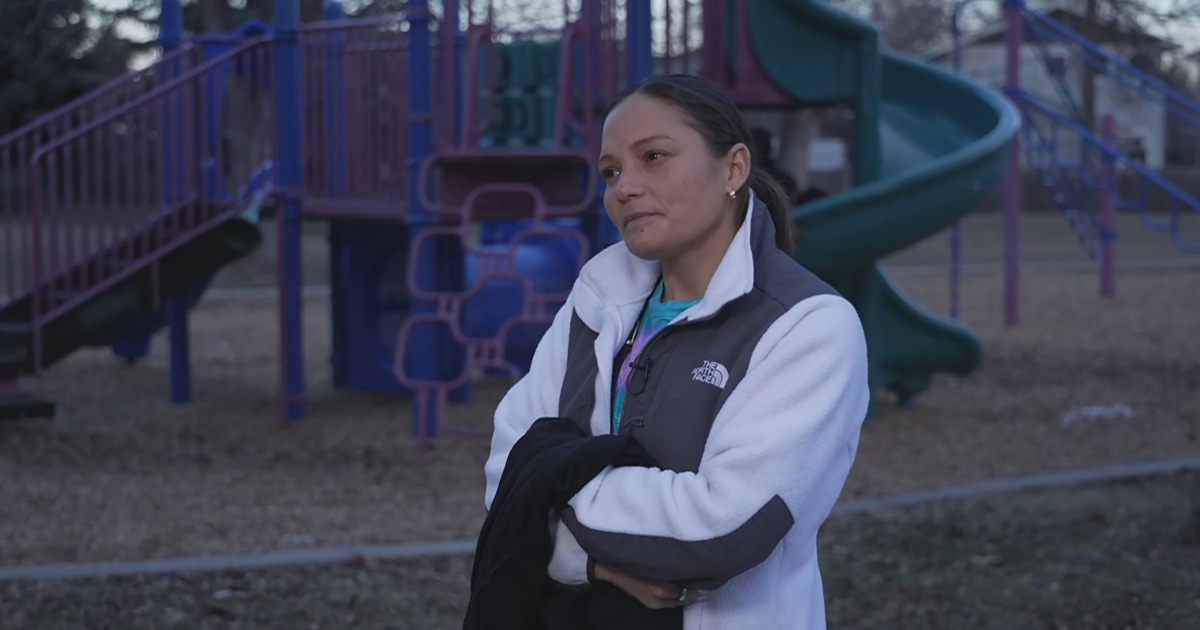Over the past year, Denver has experienced the arrival of nearly 40,000 migrants, making it the top destination per capita for individuals newly crossing the U.S. southern border and traveling north from Texas.
This influx is straining the city’s public services, prompting Denver to impose limits on the duration migrants can stay in shelters starting February 5, with those exceeding the set limits facing eviction onto the streets.
A Venezuelan family consisting of parents and three daughters, currently residing in a city-paid hotel, recently received eviction notices, adding to the challenges faced by these migrants. The mother expressed uncertainty about their next destination, mentioning the disposal of toys and bicycles in the common area.
Denver Health, the city’s primary “safety net” hospital, is grappling with the increased demand for medical services, requiring additional funding to cover $10 million in unpaid medical bills from migrants. Dr. Kristi Rodrigues, a Pediatric Emergency Medicine doctor, emphasized the need for more financial support to manage the unexpected influx effectively.

A Population of 710,000 Faces Challenges Managing 40,000 Migrant Arrivals (Credits: MSN)
Denver Mayor Mike Johnston estimates that the city will require $100 million in 2024 to address housing, education, healthcare, and other services for migrants. Dr. Steven Federico, a pediatrician at Denver Health, voiced concerns about the responsibility for healthcare falling on safety net hospitals like Denver Health, as calls for assistance to state and federal agencies have, so far, gone unanswered.
A Department of Homeland Security spokesperson affirmed their commitment to working with the city to welcome recently arrived migrants. However, the spokesperson urged Congress to approve a supplemental request for resources to manage the Southwest Border efficiently.
Dr. Rodrigues, preparing for a late shift in the emergency room, expressed worries about migrants’ access to ongoing healthcare beyond emergency care. While the hospital covers emergency care for all, regardless of immigration status or ability to pay, there are concerns about follow-up care and medication accessibility.
Denver’s Bryant-Webster K-8 school has enrolled nearly 100 migrant students since the beginning of the school year, posing challenges for the school’s principal, Brian Clark. The school has seen an increase in new students, especially those with little to no prior schooling, requiring additional resources to accommodate their needs.
Despite challenges, Denver has welcomed migrants differently from other cities, without major protests. Residents, along with nonprofits, have actively donated food and clothing and even organized carpools to assist migrant students. Denver Public School system has seen an influx of nearly 3,000 immigrant children, primarily from Venezuela, since July, presenting challenges in funding allocation.
While Denver has managed the current influx, both hospital and school administrators emphasize the need for sustainable growth with increased external funding. The Biden administration has sought $1.4 billion from Congress for grants to local governments and nonprofits to aid recently arrived migrants.
However, Republicans have been hesitant to allocate additional funds until Democrats and the White House agree to legislative changes aimed at restricting immigration across the southern border.























